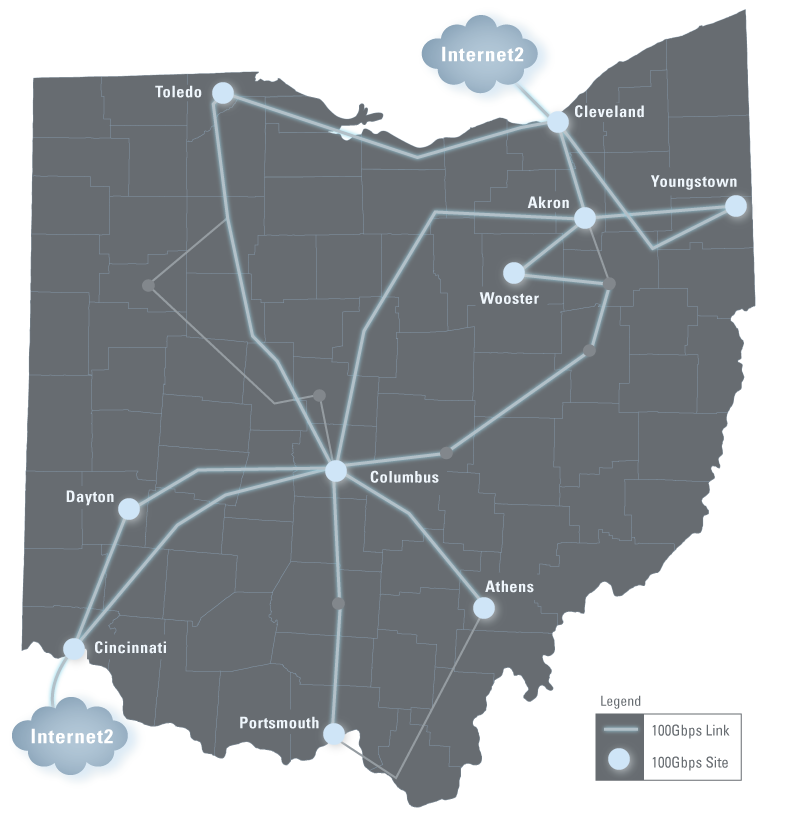Air quality is an important factor to living
a long and healthy life. There are six levels of air quality index health
concerns. The first level is good with a numerical value of 0 to 50. This means
air quality is considered satisfactory and air pollution does little to no
risk. The second level is moderate with a numerical value of 51 to 100. This
means air quality is considered to be acceptable, but some health concerns may
be present for people with unusual allergies due to some pollution. The third
level is unhealthy for sensitive groups with a numerical value of 101 to 150. This
means that the air quality is considered to be unhealthy for certain sensitive
groups, but good for the normal public. The fourth level is unhealthy with a
numerical value of 151 to 200. This means that the air quality is considered to
be bad enough that all groups will begin to see health effects. The fifth level
is very unhealthy with a numerical value of 201 to 300. This means the air
quality is considered to be at the point that all people will be affected, and
it is an emergency conditions. The sixth level is hazardous with a numerical
value of 301 to 500. This means the air condition will cause serious health problems for everyone.
The air quality forecast in
Cincinnati, Ohio is 60 with tomorrows
high being 65. Both these numbers are moderate.
The air quality forecast in
Cleveland/Akron/Lorain, Ohio does not have a number, but both today’s high and tomorrow’s
high is considered good. The air quality forecast in
Columbus, Ohio today was
50, which is considered good. The high forecast tomorrow is 46, which is also
considered good. The
Dayton, Ohio air quality forecast today was 53, and tomorrow’s
high is 57. Both these numbers are considered moderate. The air quality
forecast in
Youngstown, Ohio today is 55, which is moderate. The high
forecasted tomorrow is 46, which is considered to be good. A
State Implementation Plan is a set of plans that will demonstrate how areas not yet meeting National Ambient
Air Quality Standards, will meet these standards
. These plans will also outline the ways that area can maintain
standards. The plans will also be sent to the United States Environmental
Protection Agency. The United States Environmental Protection Agency will then
revise, modify or update all existing plans. The National Ambient Air QualityStandards are carbon monoxide at a level of 9 ppm for every eight-hour and for
every one-hour 35 ppm, lead at 0.15 ug/m3 for every three-month
average and 1.5 ug/m3 for a quarterly average, nitrogen dioxide at a
level of 0.053 ppm annually and 100 ppb for every one-hour, particulate matter at
a level of 150 ug/m3 for 24 hours, ozone at a level of 0.075 ppm for
every eight-hour and 0.12 ppm for every one-hour, and sulfur dioxide at the
level of 75 ppb for every one-hour. Ohio has met the standards for each one of
these.














